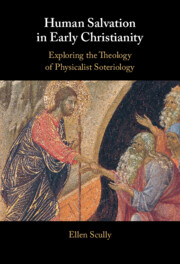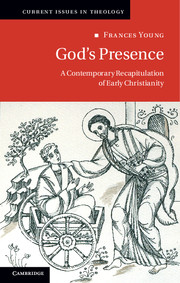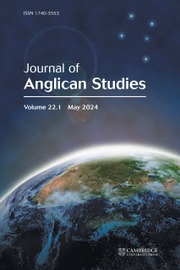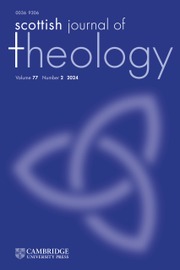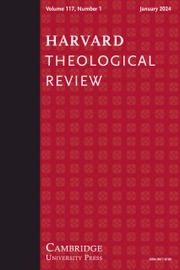Human Salvation in Early Christianity
Human salvation has been at the heart of Christian theological debate ever since the earliest centuries of Christianity. In this period, some Christians argued that because all of humanity falls in Adam, the incarnation of Christ, who is the second Adam, must also have a universal effect. Ellen Scully here presents the first historical study of Early Christian theology regarding physicalist soteriology, a logic by which Christ's incarnation has universal effects independent of individual belief or consent. Analyzing the writings of Athanasius, Hilary of Poitiers, Marius Victorinus, Gregory of Nyssa, Cyril of Alexandria, and Maximus the Confessor, she offers an overview of the historical rise and fall of the theological logic of physicalist soteriology. Scully also provides an analysis of how Early Christian theological debates concerning ascetism and ensoulment models have caused Christian narratives of salvation history to become individualistic, and suggests how a contemporary study of physicalist soteriology can help reverse this trend.
- Provides an outline of the logic of early Christian physicalist soteriology as well as an explanation for its rise in the fourth century and decline in the fifth century
- Provides a detailed historical study of physicalist soteriology as it exists in all its main early Christian proponents, enabling readers to understand how physicalist soteriology exists as one coherent piece within the wider theology
- Argues that recent cultural and theological shifts away from individualism and towards corporate understandings of humanity necessitate a Christian theology open to current and historical reflections on the corporate aspect of both fall and redemption
Product details
January 2025Hardback
9781009525336
339 pages
235 × 159 × 26 mm
0.66kg
Available
Table of Contents
- 1. The rise and fall of early Christian Physicalist Soteriology
- 2. Scholarly approaches to Physicalist Soteriology
- 3. Athanasius: Pneumatological Physicalism
- 4. Hilary of Poitiers: collective Physicalism
- 5. Marius Victorinus: 'Harnackian-style' platonic Physicalism
- 6. Gregory of Nyssa: delayed Physicalism
- 7. Cyril of Alexandria: resurrection Physicalism
- 8. Maximus the confessor: creationist Physicalism
- 9. The almost, but not quite, Physicalists
- 10. Constructive approaches to the Historical reality of Physicalism
- Bibliography
- Index.

